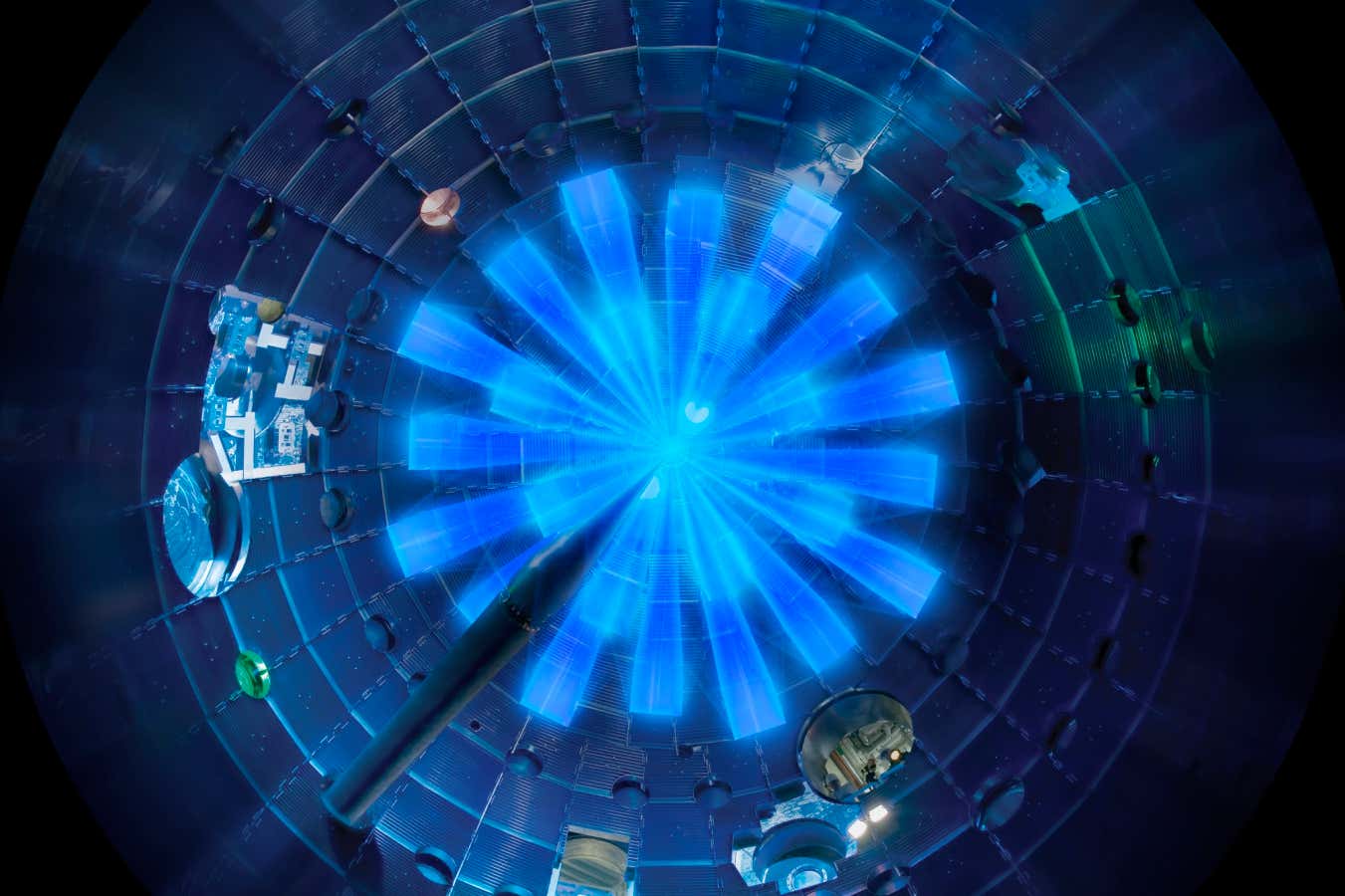The announcement that ICF had reached the break-even point in 2022 provided hope that fusion power was drawing closer, and this will be bolstered by news that further progress has been made. But there are caveats. Firstly, the energy output falls far short of what would be needed for a commercial reactor, barely creating enough to heat a bath. Worse than that, the ratio is calculated using the lasers’ output, but to create that 2.1 megajoules of energy, the lasers draw 500 trillion watts, which is more power than the output of the entire US national grid. So these experiments break even in a very narrow sense of the term.
Yeah, I don’t think inertial confinement is a practical path towards a commercial reactor, but it is interesting from a scientific standpoint.
Commercial reactors will probably stem from magnetic confinement projects like ITER and Commonwealth Fusion Systems, or possibly magneto-inertial confinement like Helion.
(This is probably explained in the article, but I don’t have a subscription.) The National Ignition Facility (NIF) creates fusion by bombarding a fuel capsule with lasers. The laser beams are reflected many times to build up energy, and to converge on the capsule. There is energy loss during that process so the laser energy that goes into the capsule is a small fraction of the electricity used to fire the lasers. When they say they got twice the energy out, that’s compared to the laser energy going into the capsule, not the energy required to fire the lasers. So its a long way off from a practical power plant, but still important progress.
The purpose of the NIF is to study what goes on inside the capsule - for better understanding, and to figure out how to get the most possibly energy out of a fusion reaction. Once they have figured that out a possible next step is to design a system that delivers laser beams with less input energy. It’s easier to do that after you know the ideal way for beams to interact with the capsule. Or maybe we never build a power plant based on the NIF design, but the findings help to make other reactor designs work.
Paywall




